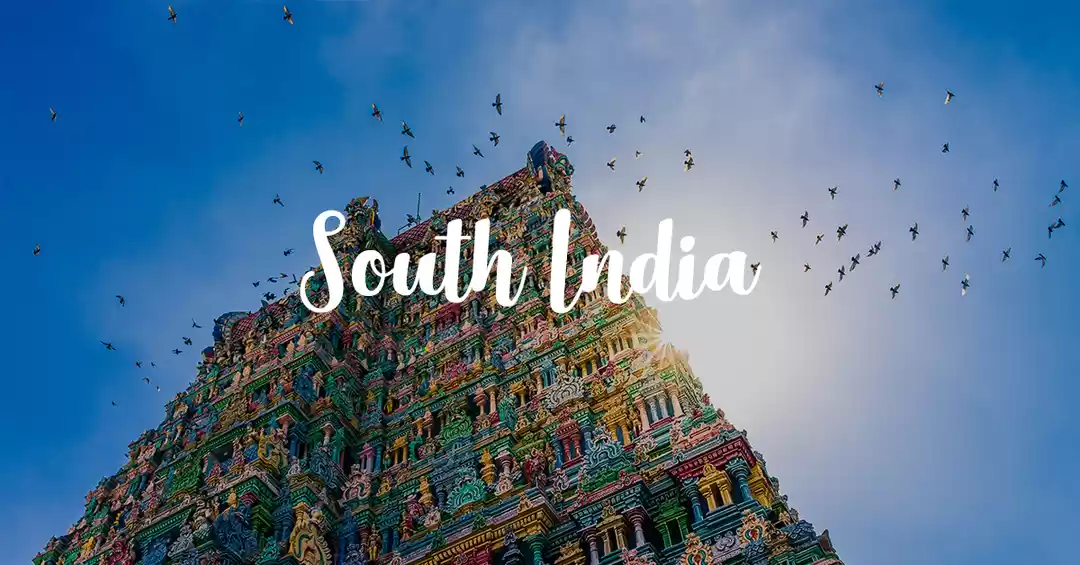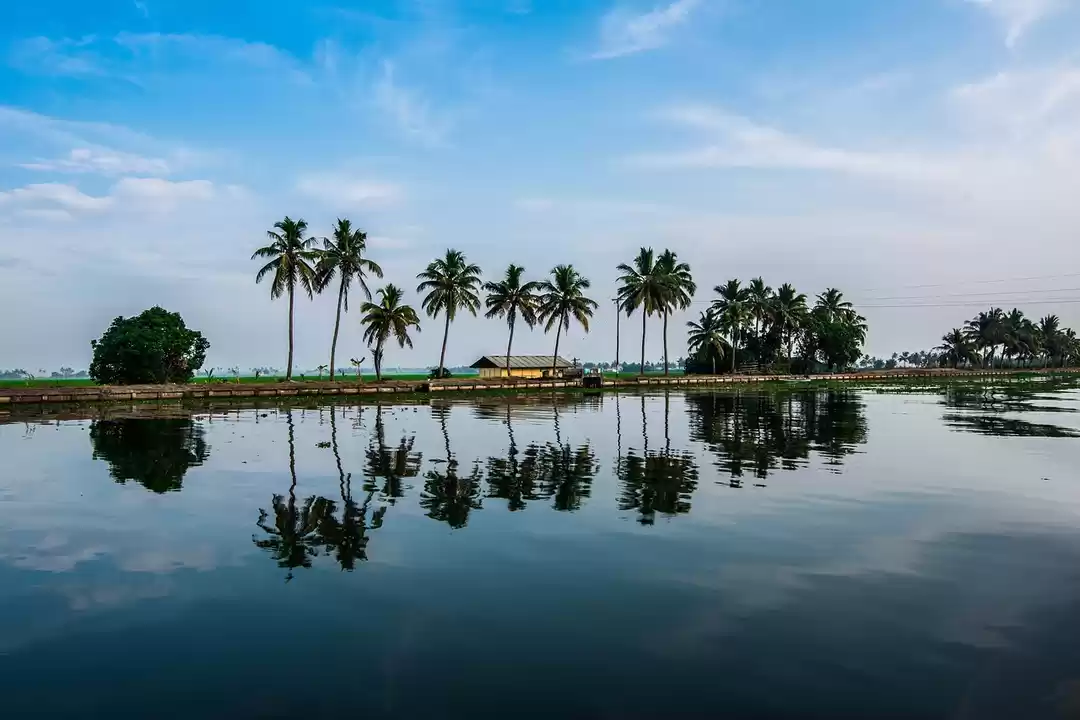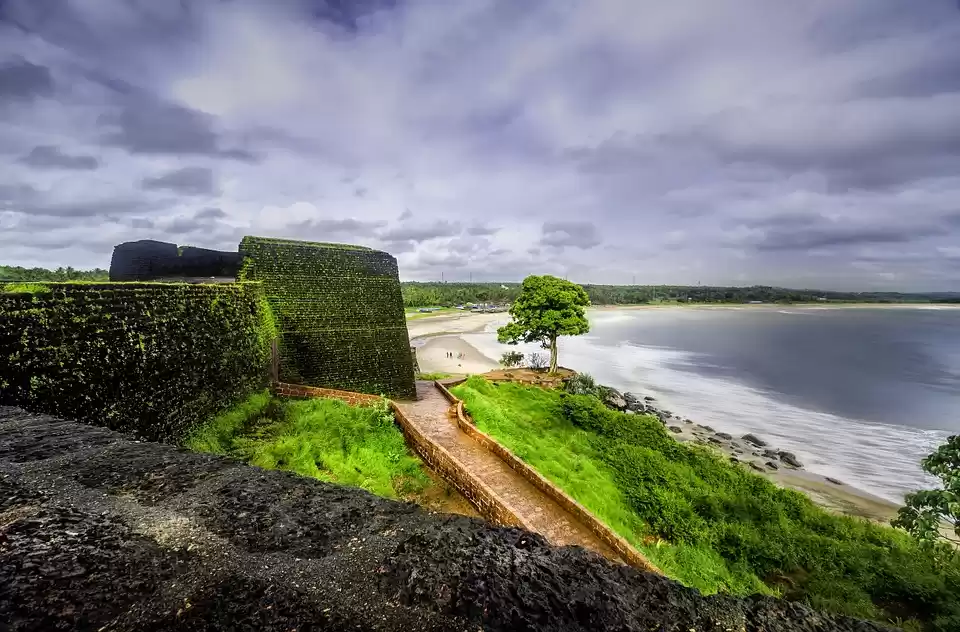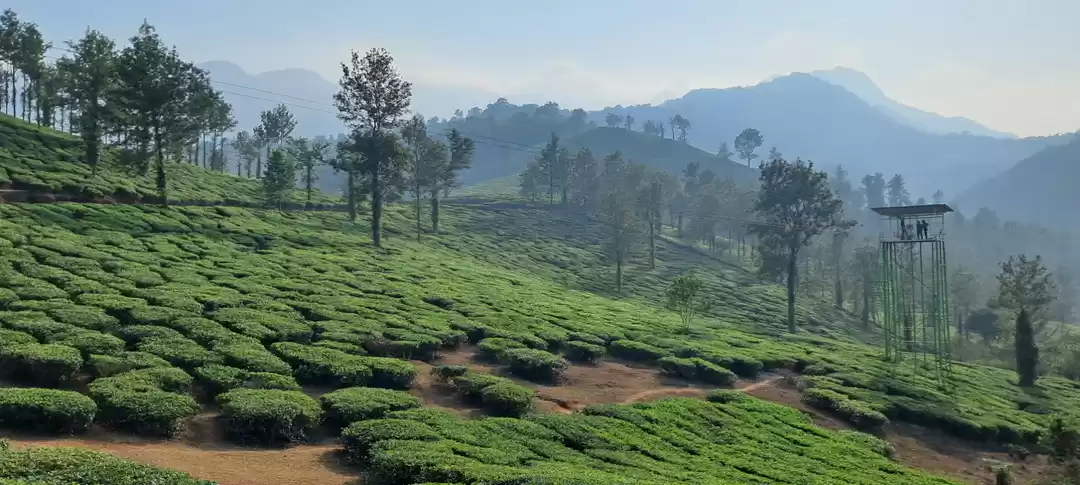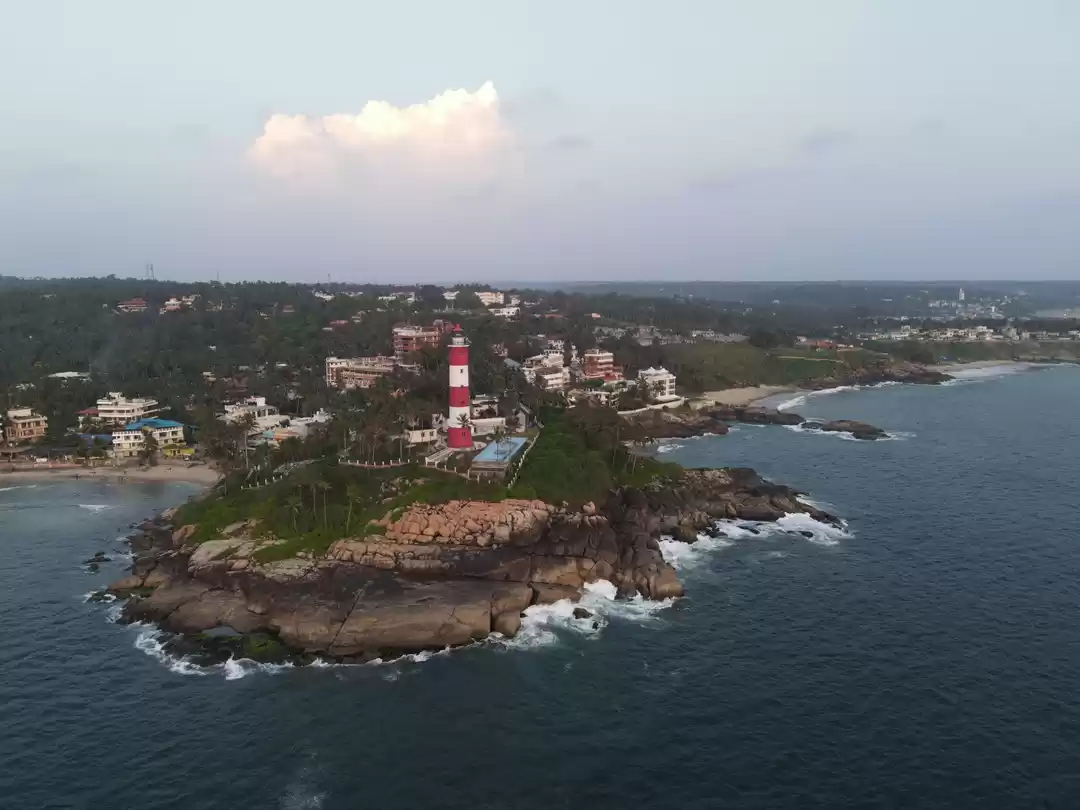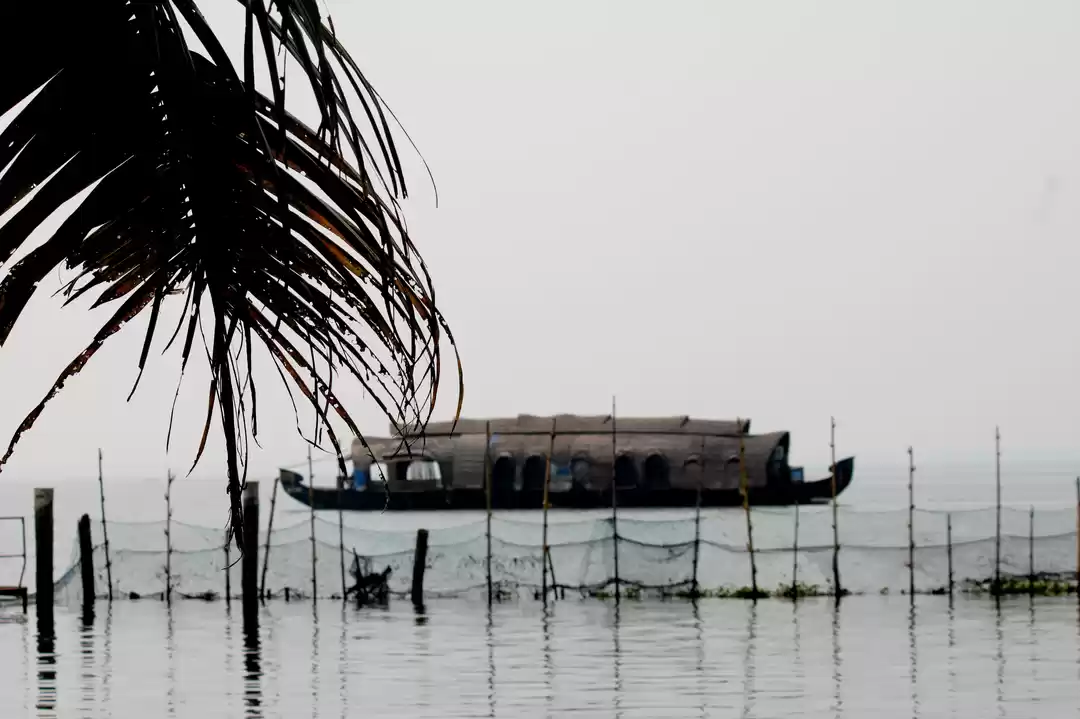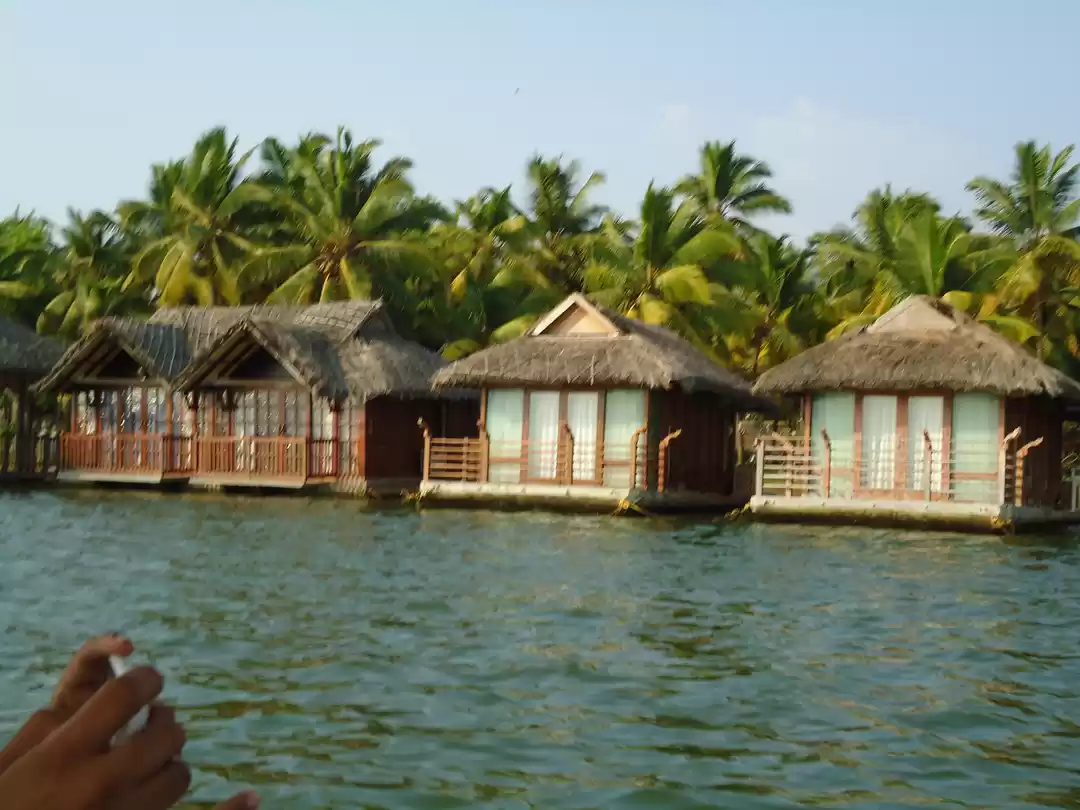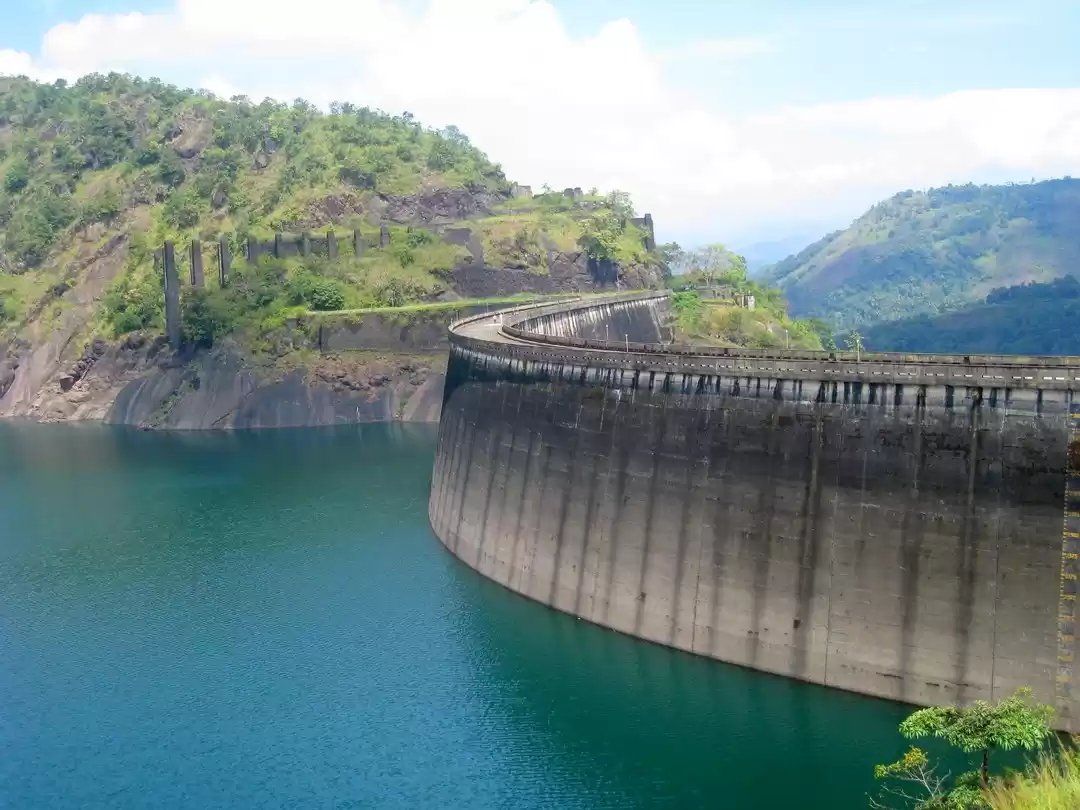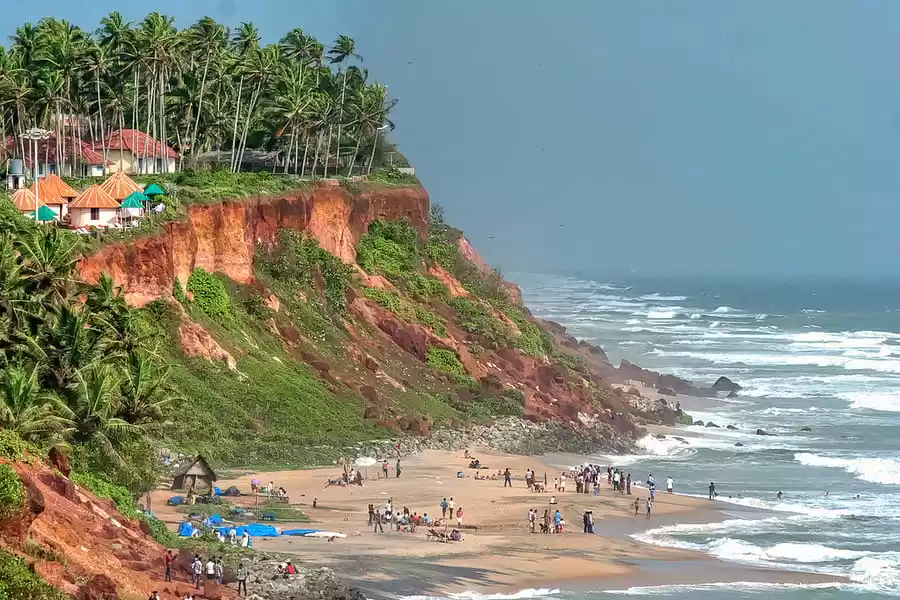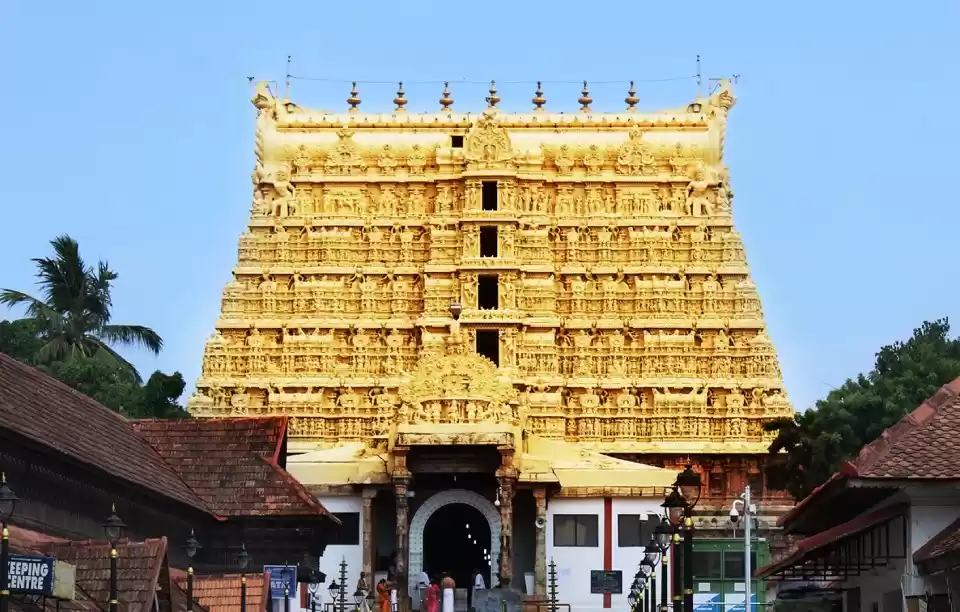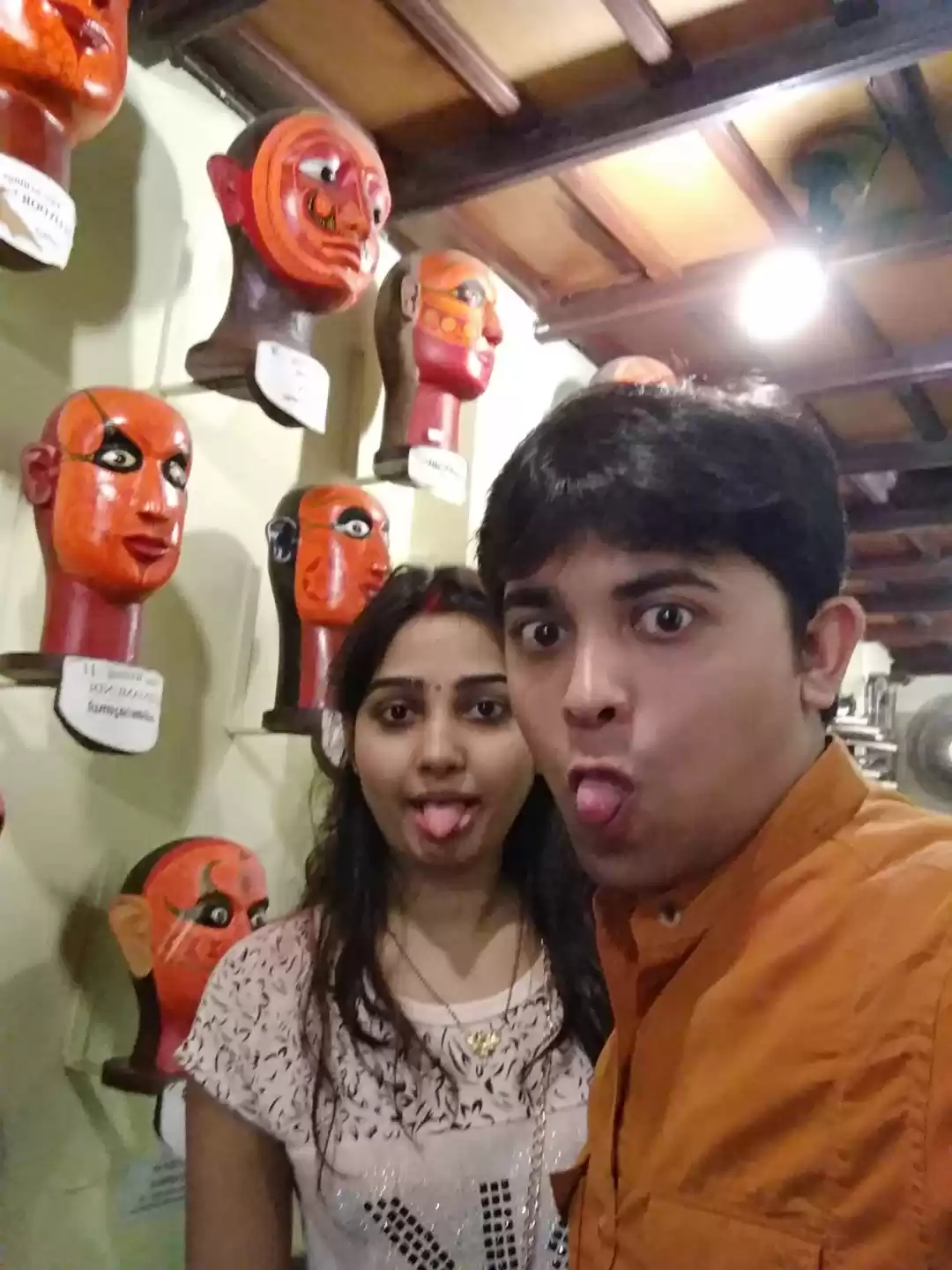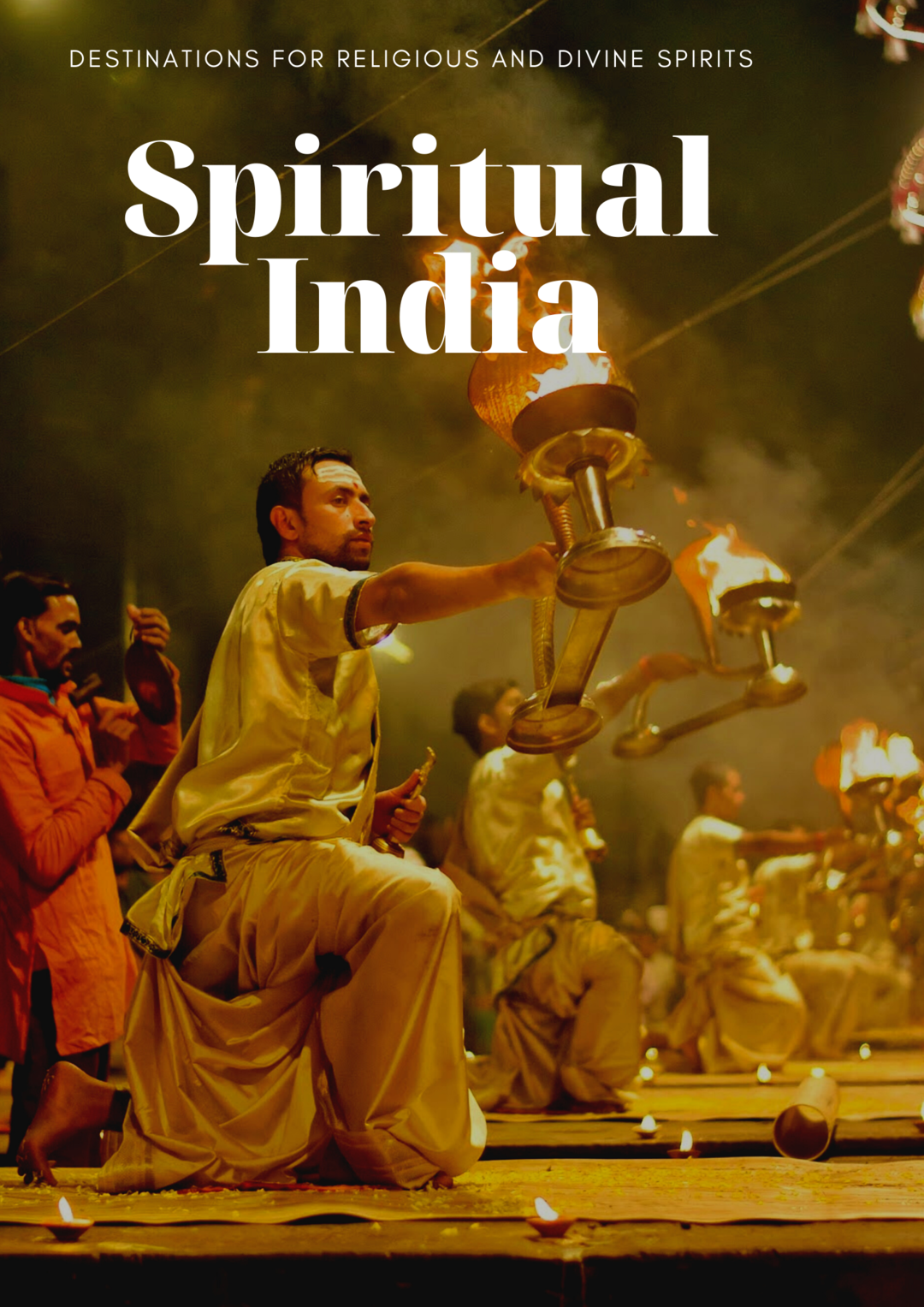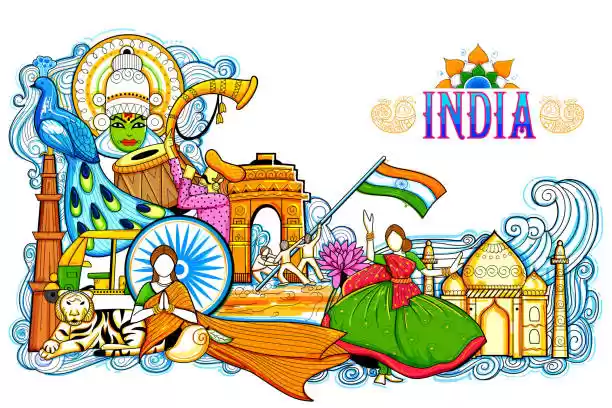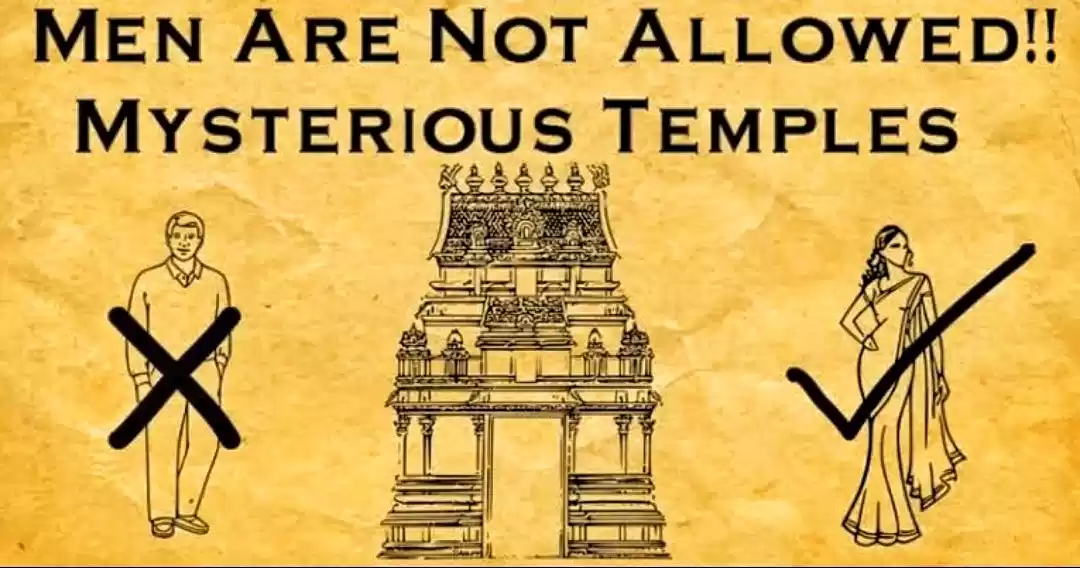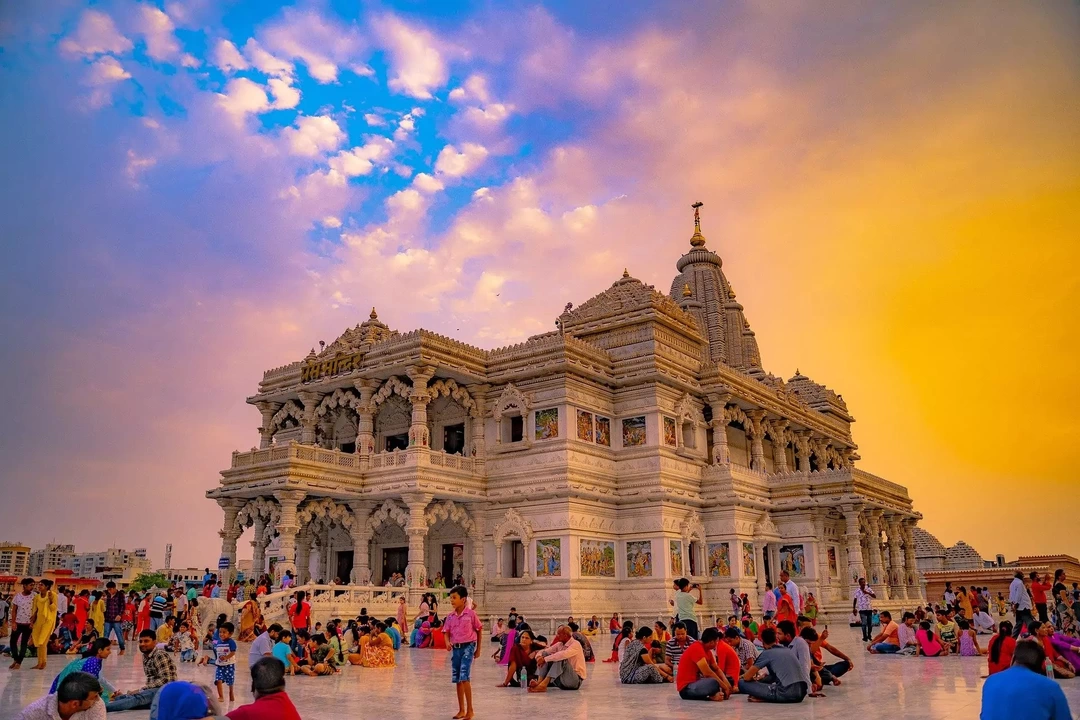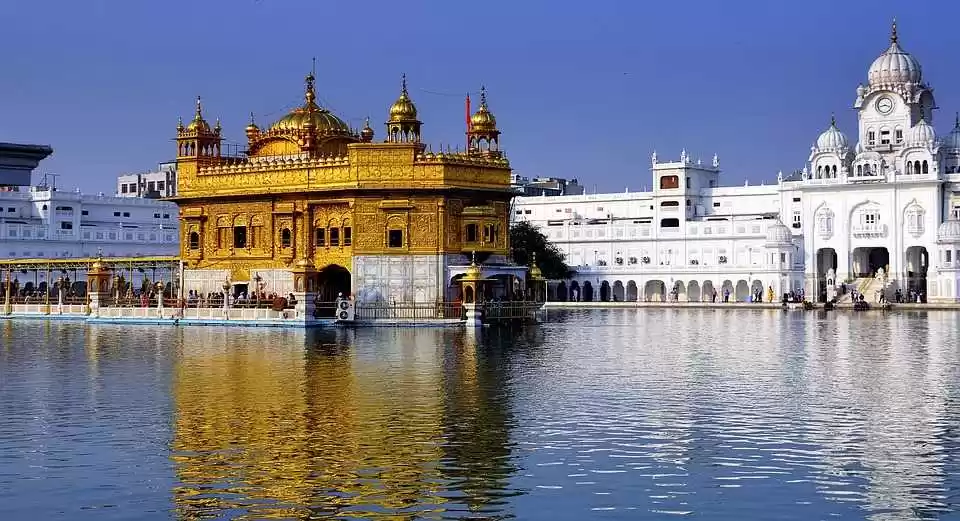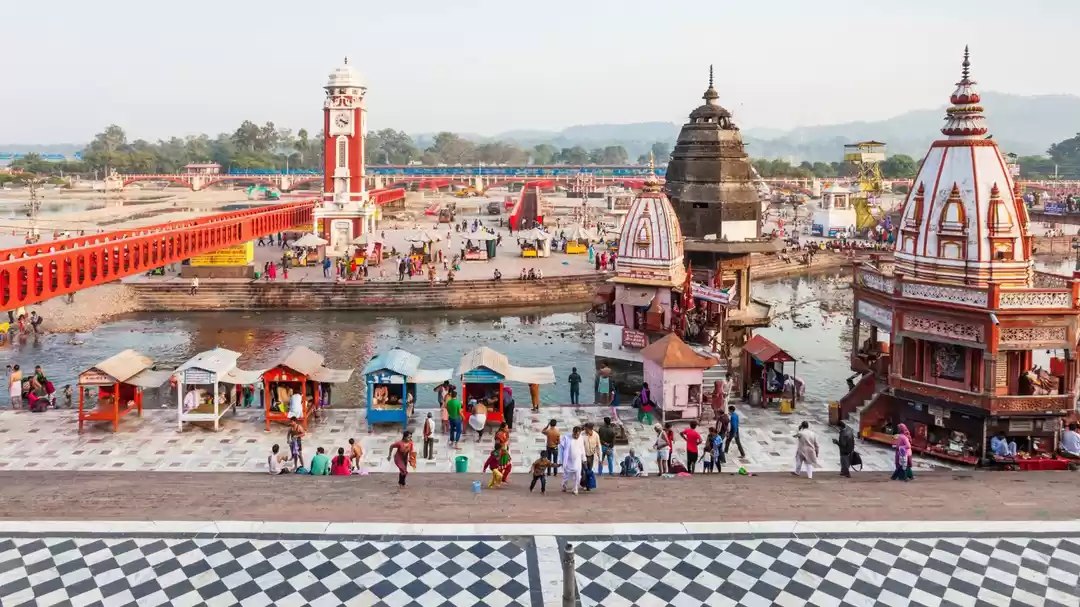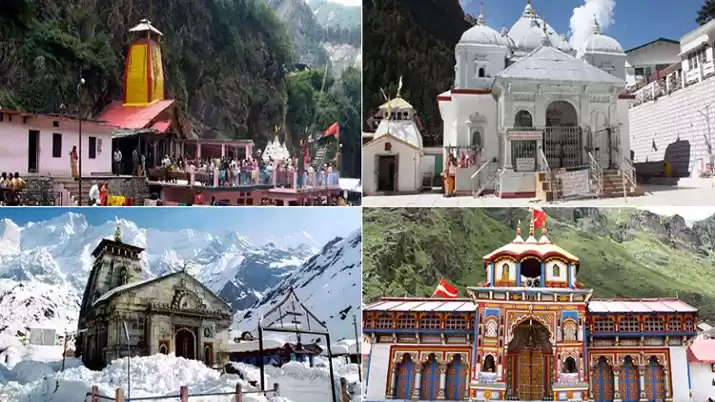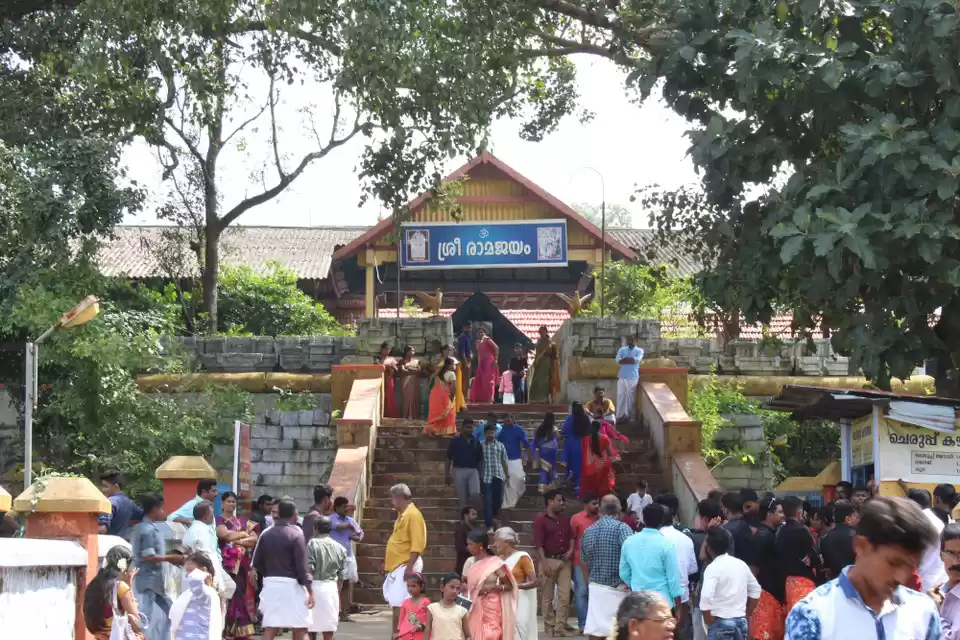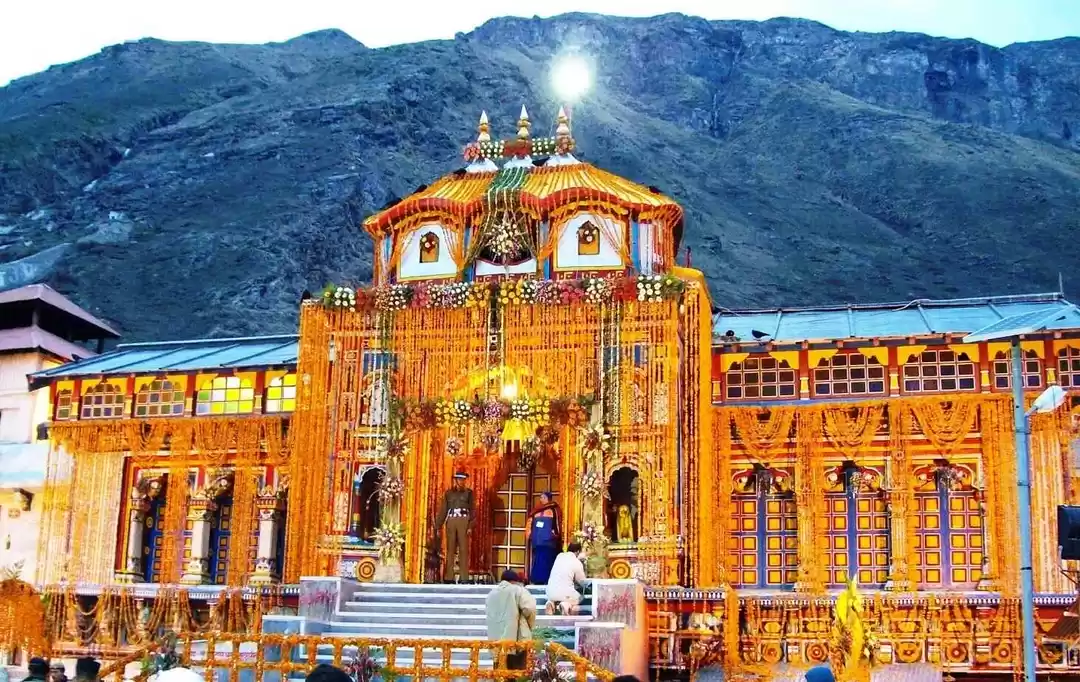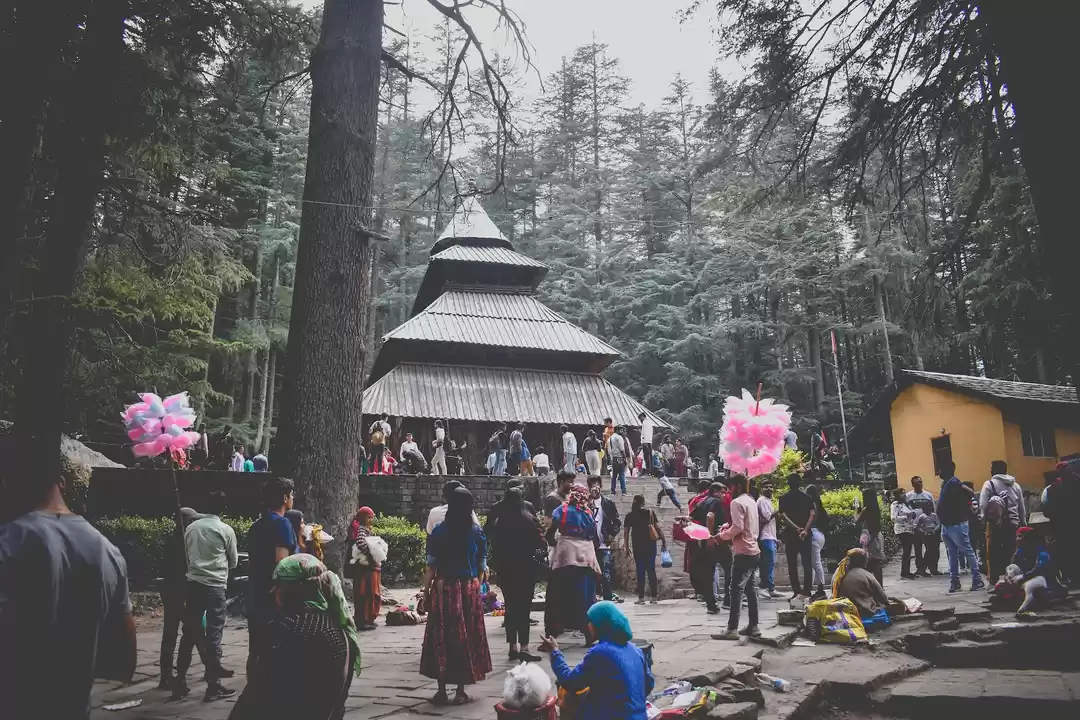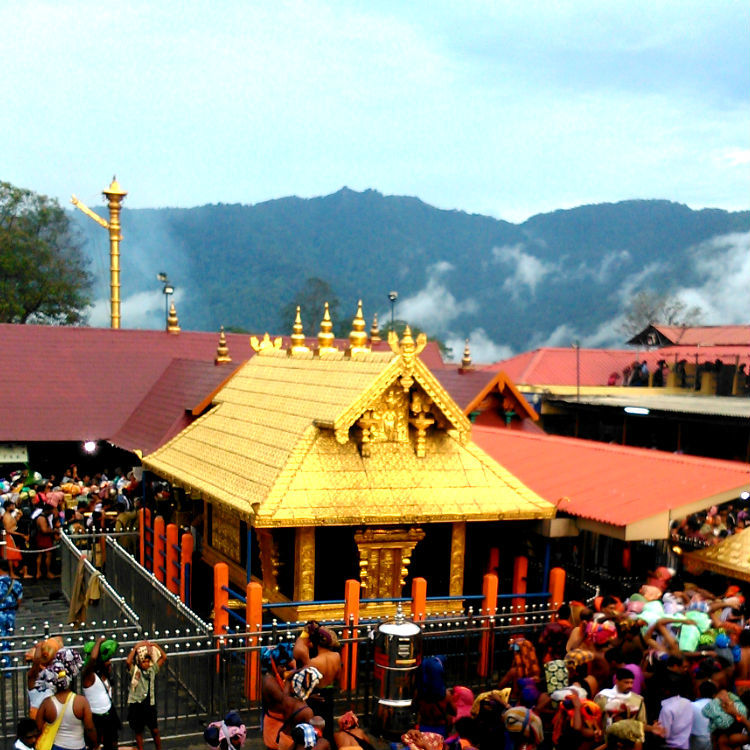
(Picture Courtesy: Bar and Bench)
Sabarimala Sree Ayyappa temple, one of the most prominent and ancient Dharmasasthav temples in the country, is located amidst the dense forests of the Periyar Tiger Reserve in Kerala, India. Surrounded by lush green vegetation in the land of the Jungle cat, the Sabarimala temple is thronged by millions of devotees throughout the year, making it one of the world’s largest annual pilgrimages, though only men being allowed in the temple premises is a subject of great debate and controversy in the recent times. The temple’s location in a hilltop, at an altitude of 468 meters above mean sea level, in the mountain ranges of the Western Ghats makes up for an aesthetic sight. The forest with interesting flora and fauna like a blanket across the temple premises is called ‘Poomkavanam’ in the native tongue. The Sabarimala temple is surrounded by 18 hills each with a temple in them and the whole pilgrimage to reach the main shrine includes a long journey of 4 kilometers on foot through the deep forest.
The Sabarimala temple is significant for its all consuming and liberal approach, being one of the rare Hindu Temples to welcome devotees of all religion and faith. All pilgrims visiting the temple are treated as “Ayyappa” regardless of caste, ethnicity, religion and social standing. As the ‘Travancore Devaswom Board’ who manages the Sabarimala temple puts it, such a dignified approach of the temple maintains the true spirit of the ‘Tatvmasi’. There is a place near the Sabarimala temple, dedicated to a Sufi saint, ‘Vavar’, a friend and close associate of Lord Ayyappa, called the ‘Vavarunada’, and thus an air of religious harmony prevails.
The grand Sabarimala Temple is indeed unique in its orientation, and has an element of ‘modernity’ in its essence that adds to its sanctity. From maintaining a harmonious approach, to embracing technology at its wake, it is indeed an updated place of worship!
The Pilgrimage to Sabarimala
The pilgrimage to the Sabarimala temple takes place between November to January and the devotees are expected to follow certain customs, like maintain a 41 day fast, abstain from any carnal pleasure and strictly having a vegetarian diet, no alcohol or smoking and not even shaving. It is profoundly a male pilgrimage as women are refrained from the temple premises. Many pilgrims still undertake the traditional route, trekking barefoot through the uneven dense forests, chanting “Swamiye Ayyappo”, and take a dip in the Pampa River before entering the temple premises. The whole stretch attains a carnival like atmosphere. From the Pampa River, all pilgrims trek the steep mountain path to Sabarimala. Faith, belief and curiosity alike draw the pilgrims; for some it is even a matter of tradition as well as religion. Dressed in black or blue clothing, the Sabarimala pilgrims wait in never-ending Qs just to get one glimpse of the interior of the main shrine.
History of Sabarimala
The oldest historical accounts about Sabarimala are found in the writings of Xuanzang. As par Legends, the temple of Sabarimala was built by Parasurama, the warrior-sage, who was believed to have reclaimed the land of Kerala from the sea. He thereby established this grand temple to protect Kerala from destructive elements, as part of the five ‘panchashastha’ temples. In Sabarimala, Lord Ayyappan is worshipped as a ‘brahmachari’ in a state of eternal bliss, who sought this solitary abode in the wild so as to ‘meditate’.
Open days of Sabarimala Temple
Situated in such a remote area in the Pathanamthitta district bordering Tamil Nadu, wrapped in forests and wildlife, the Sabarimala temple dedicated to Ayyappan, is only open for worship few times a year at specific periods, during ‘Mandalapooja’ (mid-November to December end), Makar Sankranti (January), Maha Vishuva Sankranti (April), and first five days of each Malayalam month. This year, the temple will open on 13 March 2016, as the ten day long annual festival shall start from 14 March to 23 March.
Sabarimala Temple Online Booking, Accommodation and Queue
The Travancore Devaswom Board which manages the Sabarimala temple has an Online Portal that provides a range of services to pilgrims. Devotees can book accommodation at the temple premises, slots in queues and even make virtual offerings to the lord through this online facility! Again, ‘Sabarimala Virtual Q’ is an initiative by the Kerala Police,(http://www.sabarimalaq.com/), which is an Online Portal for devotees to book slots on separate queues maintained by the police, for which coupons are sent by email upon booking.

(Picture Credits: iTripoto )








